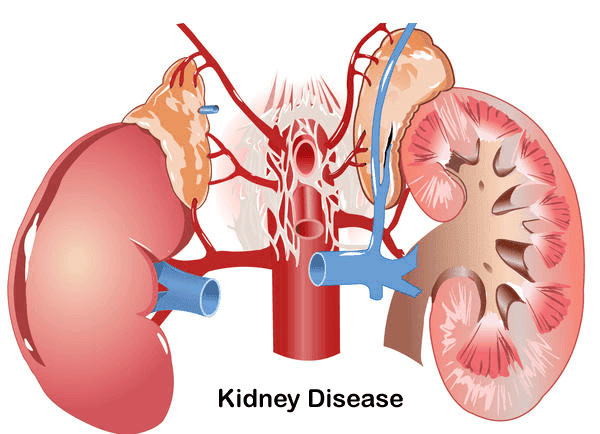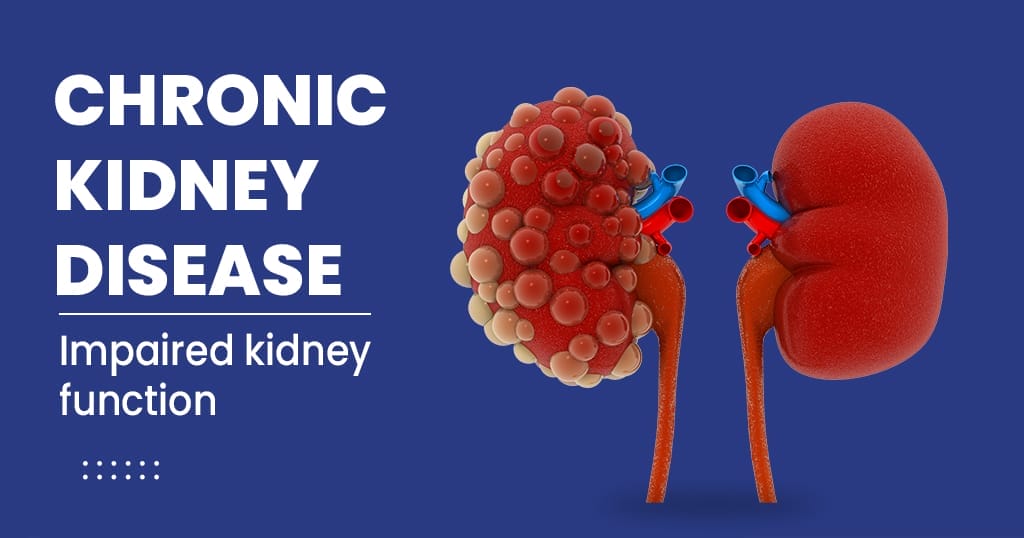It is necessary to change your diet and related eating habits to manage your chronic kidney disease (CKD). If you’re seeking ayurvedic treatment for kidney disease, ask your nutritionist to come up with a meal plan that includes foods you enjoy but that don’t negatively impact your kidneys.
Healthy kidneys are responsible for fulfilling many body functions. You keep your whole body in balance. Kidneys remove waste products and excess water from your body, help produce red blood cells, and help control blood pressure. Kidney failure, also known as end-stage renal disease, is a condition in which the kidneys stop working.
There are many treatments to treat it, but Ayurvedic treatment for chronic kidney disease is the most recommended. This is because the herbs used are all natural and do not cause any side effects which makes the patient healthy.

Healthy Diet for Kidney Patients Treatment
Choose and prepare foods that are low in salt and sodium as they help control your blood pressure. You should consume less than 2,300 milligrams of sodium in your diet each day.
- Avoid having packaged foods that you buy at supermarkets or restaurants as they contain sodium.
- Cook food from scratch instead of eating ready-to-eat, ‘fast food’, frozen, and canned food as they are higher in sodium.
- If you prepare your own food, check the ingredients and the vegetables and other things.
- Instead of salt, try using non-sodium spices, herbs, and spices. Look for sodium on the nutrition label on food packages.
- In the case of frozen meals and other prepared foods, choose foods with lower sodium content. Rinse canned vegetables, beans, meat, and fish thoroughly with water before consuming.
- Eat protein foods in small portions.
Eat the right amount of protein – This is to protect your kidneys from disease. When your body uses protein, it produces waste. Kidneys help get rid of this waste. If you eat more protein, your kidneys have to work harder. Protein is majorly found in plant and animal foods. Most people eat both vegetable and animal protein.

Choose foods and drinks with less phosphorus – Controlling phosphorus levels help protect bones and blood vessels. When a person has CKD, phosphorus builds up in the blood. Too much phosphorus in the blood draws calcium from your bones, making them thin, weak, and more prone to breaking. On the other hand, high levels of phosphorus in the blood can cause itchy skin and bone and joint pain.

Choose foods with the right amount of potassium – When blood potassium levels are too low or too high, it can cause problems. Damaged kidneys can accumulate potassium in your blood, which can cause serious heart problems. Always choose foods and drinks that lower potassium levels.

Diet and nutrition play a very important role in the well-being of people with kidney disease. A right healthy diet is equal to the best nutritional ayurvedic treatment for CKD.
As your kidney disease develops, your dietary needs will likely change as well. The main goal of the diet is to maintain electrolyte, mineral, and fluid levels in your body while you are undergoing treatment for kidney disease or while you are having dialysis.
How Will I Know Which Treatment to Choose?
As your life changes over time, your treatment will change too. You can cure your kidney damage by relying on Ayurvedic medicines for kidney failure. So far, Ayurvedic medicine has proven effective in helping patients lead normal lives.

Ayurvedic Treatment for CKD
Ayurvedic medicines are much more effective if your kidney damage is still in its early stages, opt for best ayurvedic kidney failure care hospital. Lekhniya Guggul Tablets are helpful in treating the root cause of kidney problems. The herbs used in Ayurvedic medicines are carefully infused and contain no chemicals, steroids, or metals. Herbal products are safe and have no known side effects. You can take it with prescribed allopathic medications.

